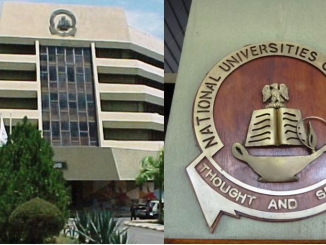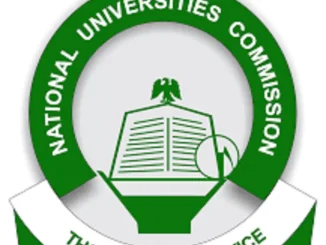
NIGERIAN UNIVERSITIES TO OFFER DEGREES IN ARTIFICIAL INTELLIGENCE, BLOCKCHAIN, AND AERONAUTICAL ENGINEERING
The National Universities Commission (NUC) has announced the completion of the first phase of the review and update of the Core Curriculum and Minimum Academic Standards (CCMAS) for Nigerian universities, introducing a new set of degree programmes aimed at aligning the nation’s higher education system with global trends.
In a circular dated October 22, 2023, and signed by the Executive Secretary of the NUC, Prof. Abdullahi Yusufu Ribadu, the Commission stated that experts drawn from various disciplines within the Nigerian University System participated in developing the 70% component of the new programmes earlier in the year.
According to the circular, the approved programmes include:
- B.Sc. Artificial Intelligence
- B.Sc. Cloud Computing, Blockchain
- B.Sc. Human Kinetics (Sport Management)
- B.Sc. Community Relations
- B.CITS Community Health Science
- B.Sc. Intelligence and Security Studies
- B.Sc. Islamic Economics and Finance
- B.Sc. Petroleum and Gas Security
- B.Sc. Telecommunication Science
- B.Sc. Water, Sanitation and Hygiene
- B.Sc. Cooperative Economics and Management
- B.Sc. Nuclear Science
- B.Eng. Aeronautical Engineering
Prof. Ribadu explained that the newly approved programmes reflect the Commission’s dedication to maintaining the relevance and quality of Nigerian university education while responding to emerging global academic and industrial needs.
He directed all universities to circulate the approved CCMAS documents to relevant faculties, departments, and academic planning units, and to ensure that the 30% institution-based components are developed in alignment with the Commission’s guidelines.
Universities interested in offering any of the new programmes have been advised to begin implementation in the 2023/2024 academic session following successful Resource Assessment Visits by the NUC.
The Executive Secretary reaffirmed the Commission’s commitment to promoting innovation, quality assurance, and global competitiveness in Nigerian higher education.





Be the first to comment